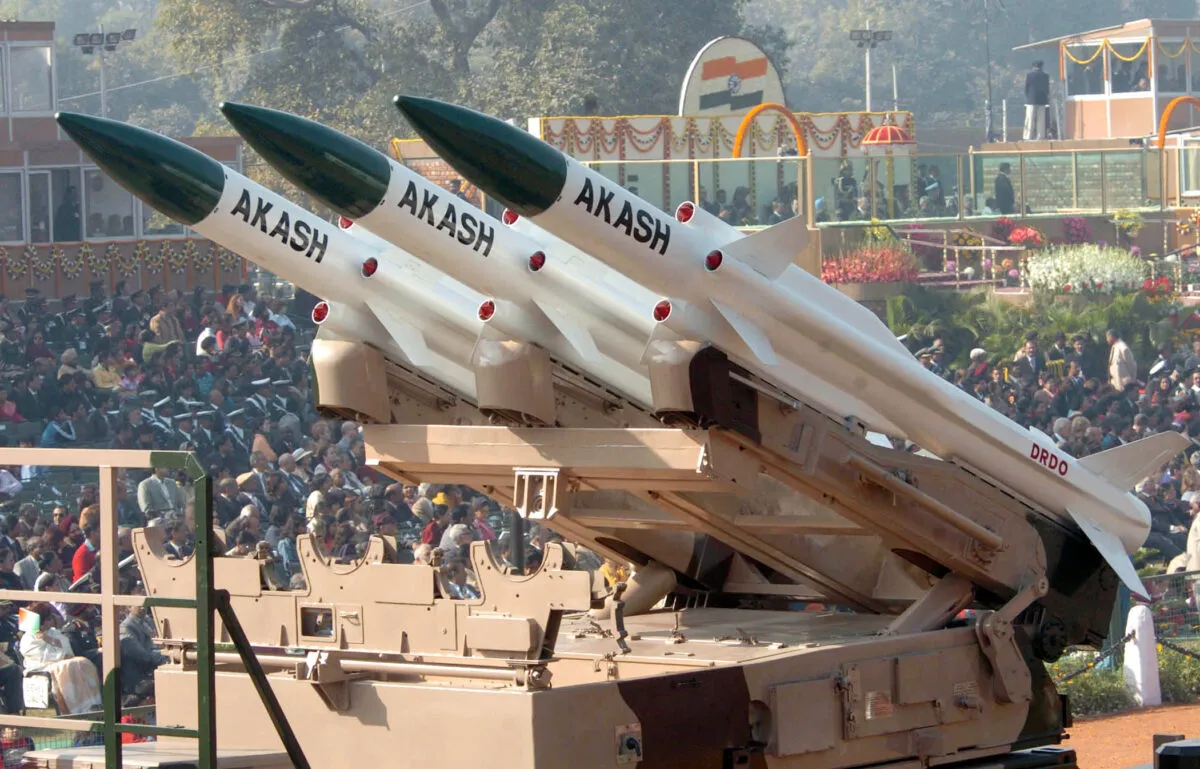In a significant demonstration of India’s growing indigenous defence capability, the Indian Army on Wednesday successfully tested the Akash Prime surface-to-air missile system at an altitude exceeding 15,000 feet in the Ladakh sector. The trial, conducted by the Army Air Defence Corps in collaboration with the Defence Research and Development Organisation (DRDO), showcased the system’s precision and high-altitude operational readiness.
According to defence officials, the Akash Prime missile scored two direct hits on fast-moving aerial targets under challenging weather and terrain conditions. The performance validated the system’s capability to function effectively in rarefied atmospheric conditions typical of the Himalayan theatre.
Akash Prime is an advanced variant of the original Akash missile, featuring an improved seeker that enables better tracking and engagement of enemy aircraft and drones. The system is specifically designed to operate in extreme weather and high-altitude environments, making it a key asset for India’s air defence along sensitive border areas.
Defence officials noted that Akash Prime was previously deployed during Operation Sindoor in May 2025, where it played a critical role in countering aerial threats posed by Chinese-origin jets and Turkish-made unmanned aerial vehicles (UAVs) operated by Pakistan. Its effectiveness during that campaign reinforced its strategic value for India’s armed forces.
The successful test in Ladakh is expected to accelerate the full induction of Akash Prime into frontline units of the Indian Army and further strengthen India’s layered air defence network. The system’s performance aligns with the government’s broader push for self-reliance in defence production under the Atmanirbhar Bharat initiative.
Experts believe the deployment of Akash Prime in high-altitude sectors like Ladakh significantly enhances India’s capability to defend against aerial incursions in volatile and contested zones, especially along the Line of Actual Control (LAC) with China and the Line of Control (LoC) with Pakistan.













